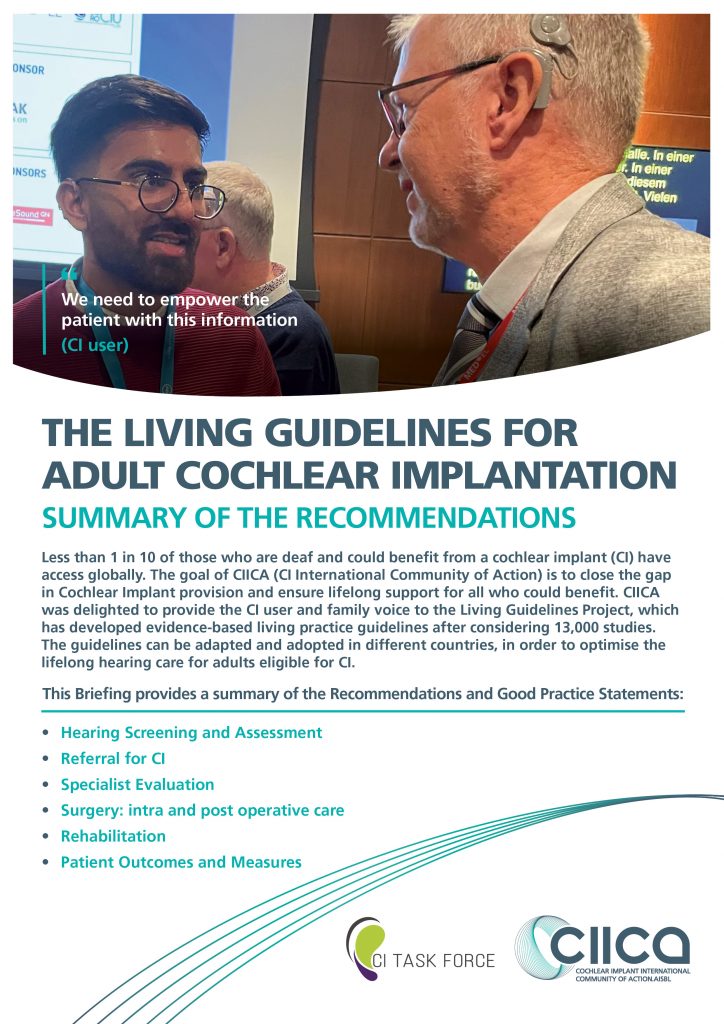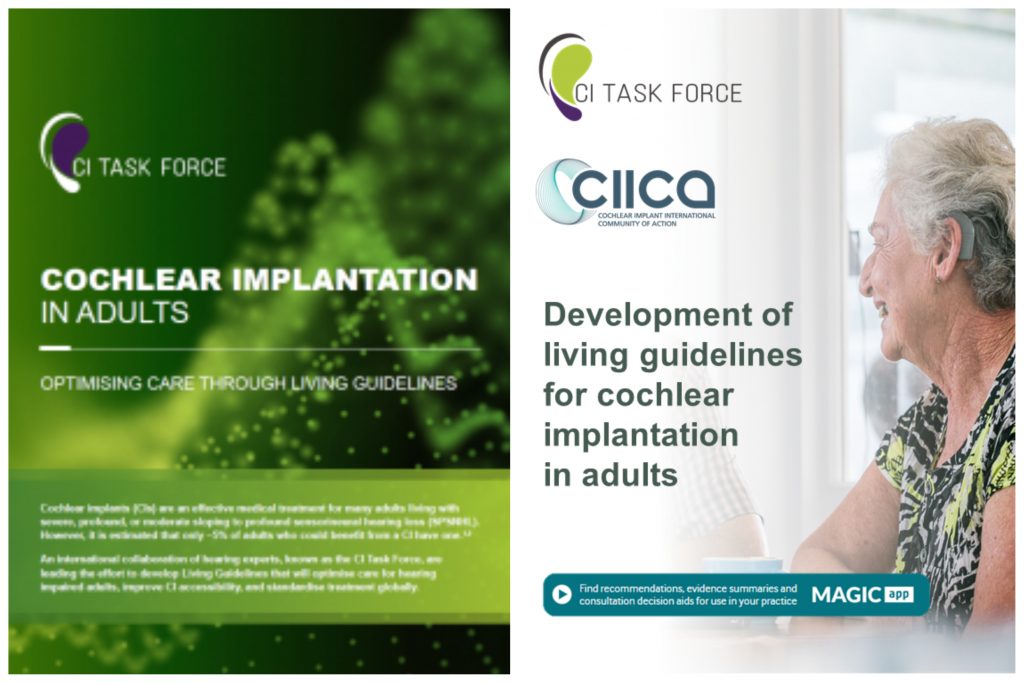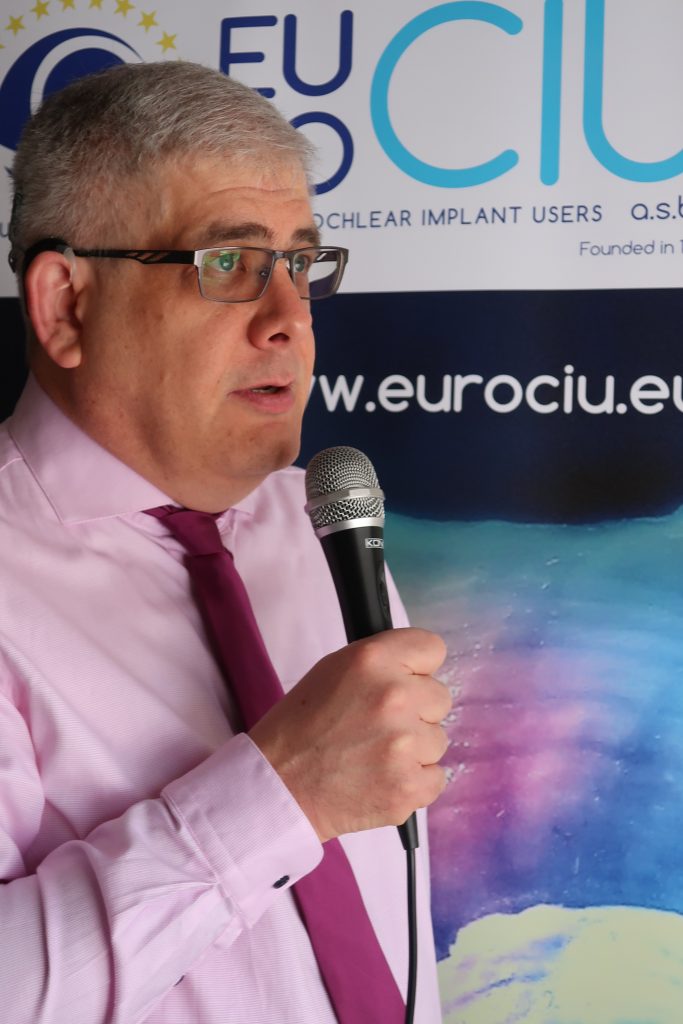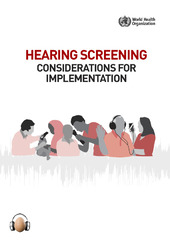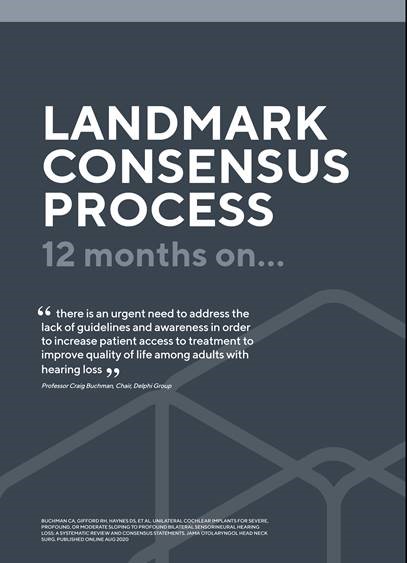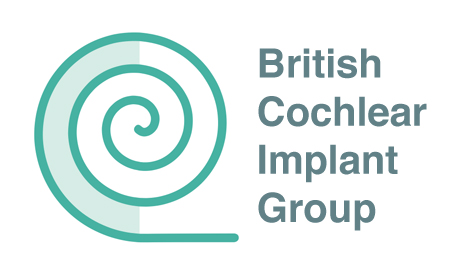Cochlear Implants and Deafness: A Global Case Study to increase policy awareness and action on an under-resourced health issue.
We are delighted to share with you that a study of the development of CIICA (Cochlear Implant International Community of Action) as an international health network has been published by the International Journal of Audiology (IJA) at https://www.tandfonline.com/doi/full/10.1080/14992027.2023.2231634(Paywall). The paper places the development of CIICA in the context of other health networks and provides some lessons to be learned in how to establish health networks. It also reviews the research with users of CI and other stakeholders which led to CIICA’s establishment, develops some general learning about best practices in advocacy and provides evidence of the early impact of CIICA as a health network.
Many of you have taken part in either the research or our activities and we at CIICA are really grateful for your support, without which the establishment of this growing network in over 60 countries would not have taken place.
The IJA is an internationally respected journal and this will help spread the news of CIICA’s work and impact even more widely.
We would of course like you to promote the paper via the public (paywall) link. With many thanks again for all your support for CIICA, and we look forward to our future developments
Patient advocates in this field are the best conveyors of messages around the impact and severity of not addressing hearing loss and the benefits of taking action. From a public health perspective messaging about access to communication and the right to be able to hear resonates well within a human rights framework and offers an important basis for network development and building coalitions between groups with different circumstances.

Lamb, B, Visiting Professor, University of Derby, UK (Corresponding Author). brian.publicaffairs@gmail.com
Archbold S, CIICA, UK. sue.archbold@outlook.com
Zheng Yen Ng, School of Health and Rehabilitation Sciences, The University of Queensland, Brisbane, Australia. zhengyen.ng@uq.net.au
